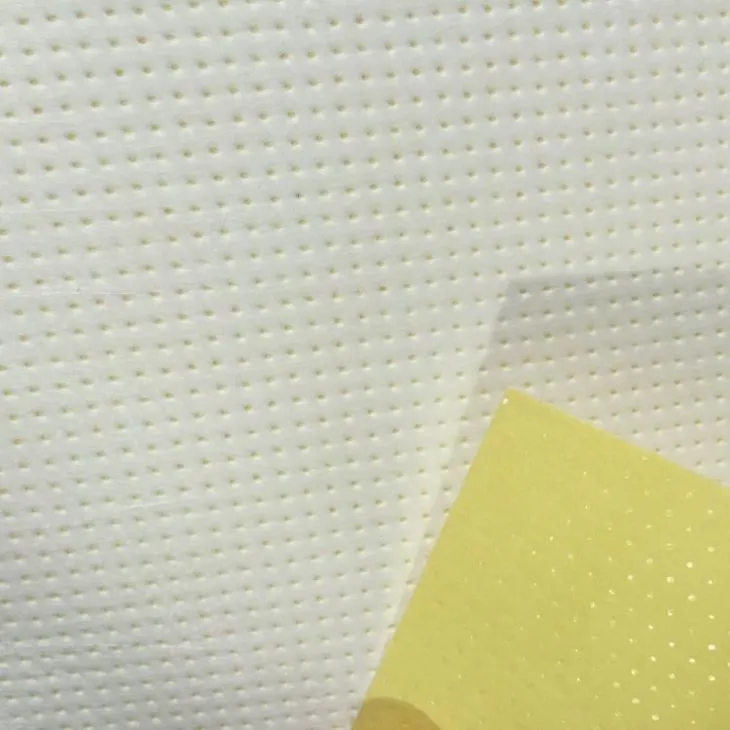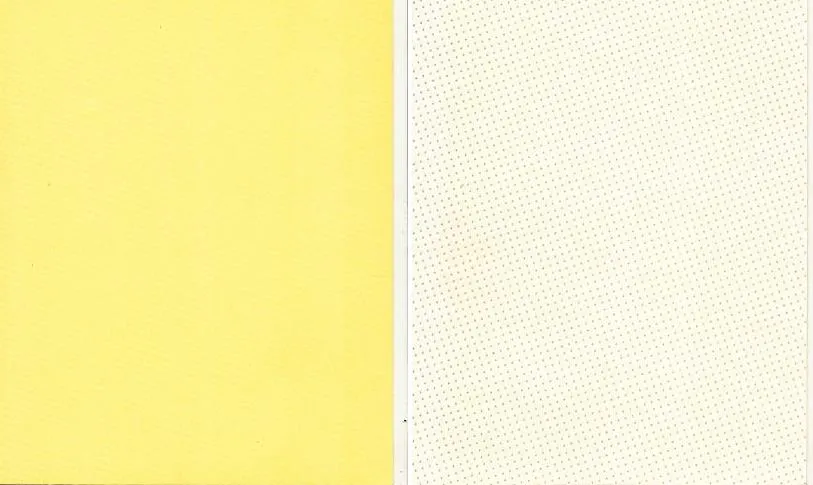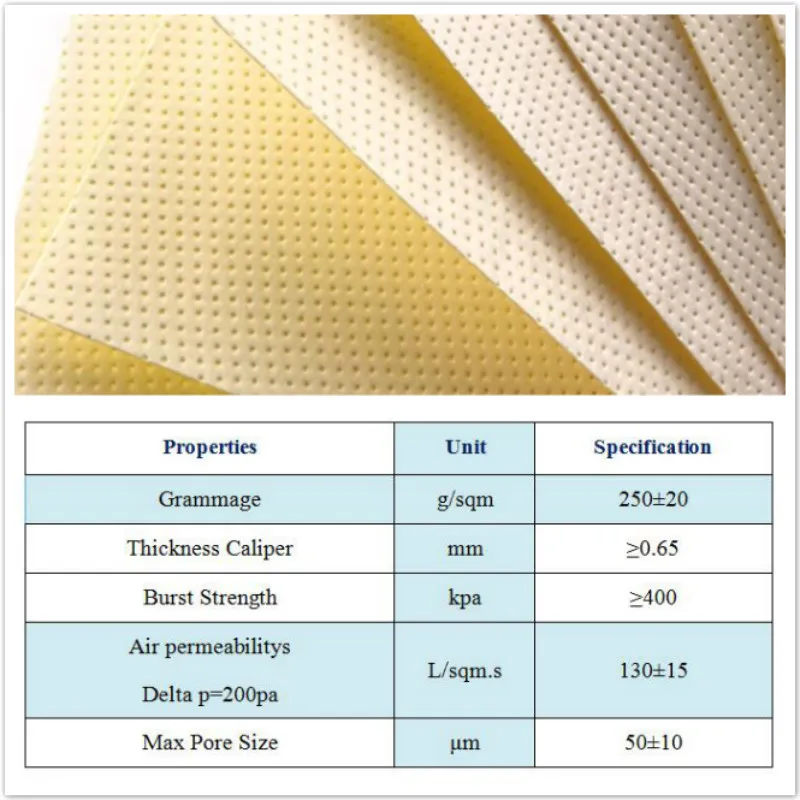The global demand for high-efficiency fluid separation technologies is accelerating, driven by stringent environmental regulations, increasing operational costs, and the critical need to protect sensitive machinery. In this evolving landscape, the role of oil-water separation filter paper has become paramount, particularly in sectors where fluid purity directly impacts performance and longevity.
Recent industry analyses project the global fuel filtration market to reach over USD 12 billion by 2027, with a compound annual growth rate (CAGR) exceeding 6%, largely propelled by advancements in materials science and enhanced separation efficiency. This growth is a direct reflection of the rising complexities in fuel composition and the push towards cleaner energy solutions. Specifically, the automotive, marine, power generation, and industrial machinery sectors are witnessing a surge in adoption of sophisticated filtration media to combat issues like fuel contamination, emulsified water, and particulate matter. The move towards bio-fuels and ultra-low sulfur diesel (ULSD) further necessitates specialized filtration solutions that can effectively handle varying fluid characteristics and prevent microbial growth, making high-performance oil-water separation filter paper indispensable.
Innovations are focusing on developing multi-layered filter media, often incorporating hydrophobic and oleophobic treatments, to achieve superior separation while maintaining optimal flow rates. The integration of advanced synthetic fibers with traditional wood pulp elements is also gaining traction, enhancing both mechanical strength and chemical resistance. This trend underscores a clear industry direction towards more durable, efficient, and environmentally sustainable filtration solutions.
Our Laminated Filter Paper Fuel and Water Separation product exemplifies cutting-edge filtration technology, engineered for critical applications demanding high-purity fluid separation. This advanced filter paper is designed to efficiently separate water from various fuels, protecting sensitive engine components and ensuring optimal system performance. Key technical parameters are meticulously controlled to meet stringent industry standards.
At its core, this filter paper utilizes a blend of specially treated wood pulp filter paper and synthetic fibers, often featuring a hydrophobic coating. This composite structure is crucial for achieving both coalescing and separation functions. The hydrophobic surface repels water droplets, encouraging them to coalesce into larger drops that are then easily separated by gravity or differential pressure.
| Parameter | Specification | Standard/Method |
|---|---|---|
| Filtration Efficiency (Water) | Typically >95% for free and emulsified water | ISO 4020 / SAE J1488 |
| Particulate Removal | Down to 5 microns (nominal), 25 microns (absolute) | ISO 16889 |
| Tensile Strength (MD/CD) | >50 N/15mm / >25 N/15mm | ISO 1924-2 |
| Basis Weight | 120-250 g/m² (customizable) | ISO 536 |
| Thickness | 0.50-1.20 mm (customizable) | ISO 534 |
| Operating Temperature Range | -40°C to +120°C | Internal Testing |
| Chemical Compatibility | Diesel, Gasoline, Bio-fuels (B5-B100), Hydraulic Oils | SAE J1488 |
Our products adhere to international testing standards such as ISO (International Organization for Standardization) and SAE (Society of Automotive Engineers), ensuring reliability and performance in critical filtration applications. The service life of our automotive filter paper solutions is optimized for extended maintenance intervals, reducing total cost of ownership for our clients.
The versatility and high performance of our oil-water separation filter paper make it suitable for a broad spectrum of demanding industrial applications. Its ability to effectively separate water from fuel and other oils is critical for maintaining equipment integrity and operational efficiency across various sectors.
In a typical application scenario, consider a heavy-duty diesel engine operating in a construction environment. Water contamination in diesel fuel can lead to injector clogging, rust in the fuel tank, and microbial growth, causing significant downtime and repair costs. By integrating our wood pulp water separator fuel filter paper, operators experience fewer fuel-related issues, extended service intervals, and a substantial reduction in operational expenses due to enhanced equipment reliability and fuel quality.

The production of high-performance oil-water separation filter paper is a sophisticated multi-stage process, integrating advanced material science with precision engineering. Our manufacturing methodology ensures consistent quality, superior performance, and adherence to global standards.
1. Fiber Selection & Pulp Preparation:
↓
2. Sheet Formation (Wet-laid Process):
↓
3. Chemical Treatment & Impregnation:
↓
4. Lamination & Layering:
↓
5. Curing & Drying:
↓
6. Slitting & Finishing:
Our commitment to ISO 9001 certified quality management systems ensures that every meter of oil-water separation filter paper produced meets the highest industry benchmarks for performance and reliability.
Selecting the optimal supplier for oil-water separation filter paper is a critical decision that impacts equipment longevity, operational costs, and overall system reliability. While numerous vendors offer filtration media, key differentiators often lie in material science, manufacturing consistency, and technical support. Below is a comparative analysis based on typical market offerings versus our advanced solutions.
| Feature/Parameter | Standard Industry Offerings | Our Advanced Solution (Laminated Filter Paper Fuel and Water Separation) |
|---|---|---|
| Water Separation Efficiency | 70-85% for free water, limited for emulsified water | >95% for free and emulsified water (ISO 4020) |
| Material Composition | Basic wood pulp filter paper, simple synthetic blends | Optimized blend of treated wood pulp and advanced synthetic fibers with proprietary hydrophobic/oleophobic coatings |
| Lamination/Structure | Single layer or basic two-ply structure | Multi-layered, robust laminated design for superior strength and targeted filtration stages |
| Chemical Resistance | Limited resistance to aggressive fuel additives or bio-fuels | High resistance to a wide range of fuels including bio-diesel (B100) and various additives |
| Service Life/Durability | Shorter lifespan, susceptible to degradation in harsh conditions | Extended service life, high burst strength, consistent performance in demanding environments |
| Certifications | Basic certifications (if any) | ISO 9001, adherence to industry-specific standards (e.g., SAE, ASTM for automotive filter paper) |
| Customization Potential | Limited to standard sizes and basic properties | Extensive customization in basis weight, thickness, material blends, and chemical treatments |
Our superior material engineering and manufacturing control translate into tangible benefits for clients, including reduced operational expenditure through extended equipment life and fewer unscheduled downtimes. We are proud to serve over 50 major industrial partners globally, providing specialized filtration solutions for more than a decade.

Understanding that each application has unique demands, we specialize in providing bespoke oil-water separation filter paper solutions. Our engineering team collaborates closely with clients to tailor material composition, pore structure, and chemical treatments to specific operational parameters.
Client: A leading international shipping company operating a fleet of cargo vessels.
Challenge: Frequent engine breakdowns and costly component replacements due to persistent seawater ingress and condensation in fuel tanks, leading to significant water contamination in diesel fuel. Existing filters struggled to remove emulsified water effectively, resulting in injector damage and reduced engine efficiency.
Solution: We collaborated with the client to develop a customized oil-water separation filter paper. This solution featured an enhanced hydrophobic treatment and a multi-layered structure optimized for high flow rates and superior emulsified water removal in marine diesel. We conducted extensive laboratory and field trials to validate performance under simulated and actual operating conditions.
Results: Over an 18-month trial period, the client reported a 70% reduction in fuel injector failures and a 45% decrease in overall fuel system maintenance costs. Engine efficiency improved by an average of 2.5%, translating to substantial fuel savings across the fleet. The extended service life of the new filter media also reduced procurement and labor costs associated with frequent filter changes. This case exemplifies our ability to provide robust solutions for demanding environments.

Building lasting relationships with our B2B partners is foundational to our mission. We provide comprehensive support throughout the entire product lifecycle, from initial consultation to after-sales service, ensuring peace of mind and sustained operational excellence.
We maintain a robust supply chain and optimized production lines to ensure timely delivery. Standard lead times are 2-4 weeks, with specific project timelines communicated clearly upon order confirmation. Our logistics team works with trusted global carriers to ensure secure and efficient worldwide delivery. We can accommodate various shipping Incoterms (e.g., EXW, FOB, CIF) to suit your operational needs.
We stand behind the quality and performance of our Laminated Filter Paper Fuel and Water Separation products. All products come with a 12-month limited warranty against manufacturing defects and material integrity issues, effective from the date of shipment. This warranty covers product replacement or credit, subject to proper storage, handling, and application as per our guidelines. Full warranty terms and conditions are available upon request.
Our dedicated technical support team is available to assist with product selection, application guidance, troubleshooting, and custom solution development. You can reach us via:
We are committed to providing responsive and expert assistance to ensure your complete satisfaction and optimal system performance.
Thickness:0.2-6 mm or Customized
Strand Thickness:0.5-8mm
Swd:2.5-100mm Lwd: 4.5-200mm
Surface Treatment:Powder Coated,Galvanized
MATERAL: PHENOLIC PAPER
MELT-BLOWN PBT
NON-WONEN LAMINATES
DIESEL FUEL FINE FILTERATION GRADE
APPLICATION : FUEL OIL WATER SEPERATION FILTER MEDIA
Material: Electrostatic cotton with activated carbon
PET/PP with Activated Carbon
Basic weight: 200-800g/m2
Application: Cabin Air Filters Panel Air Filters, Filter Cartridge, etc.
RAW MATERIAL: Polypropylene
PROCESS TECHNOLOGY: Melt-blown non-woven
RANGE OF EFFICIENCY: M5 ~ H11
Email to this supplier

